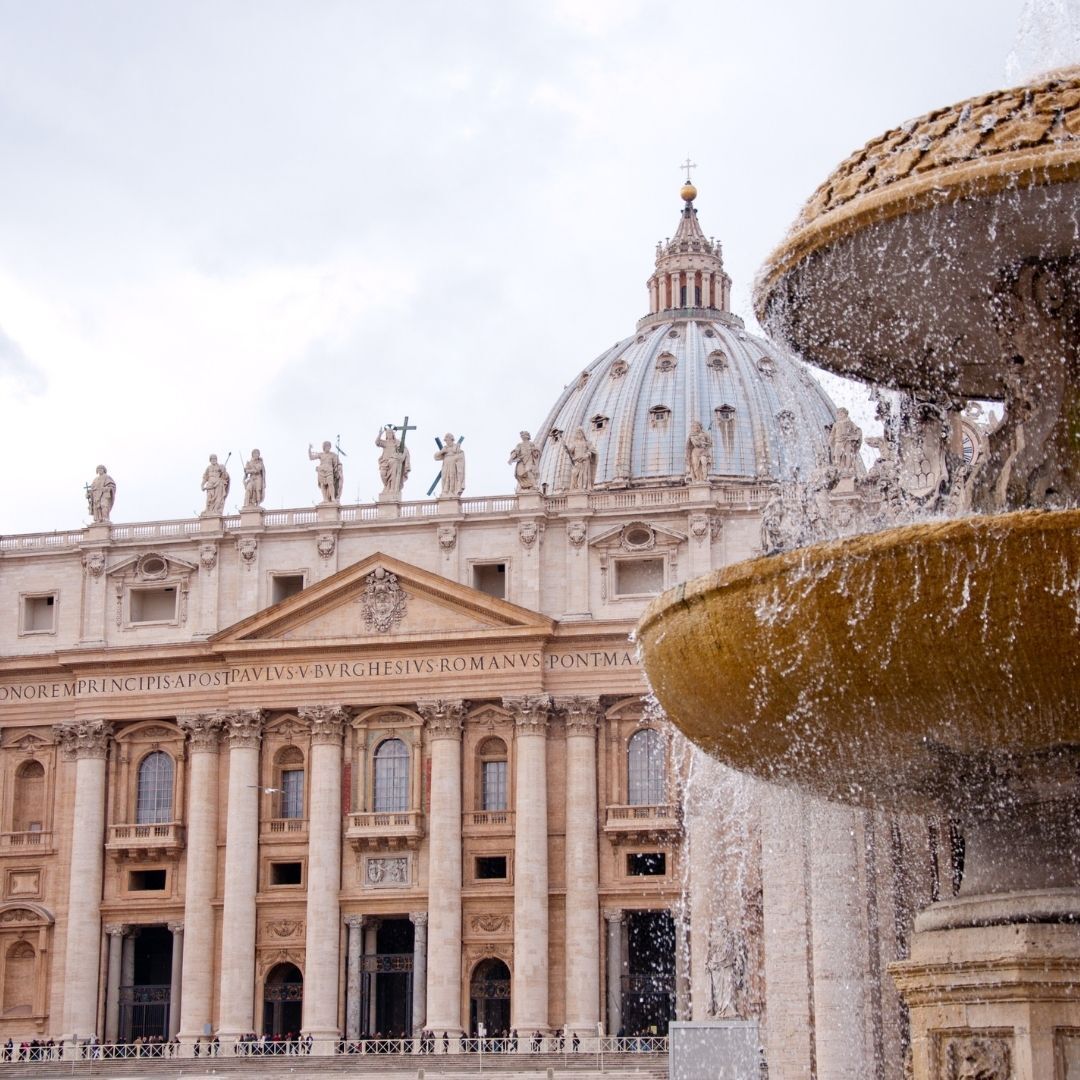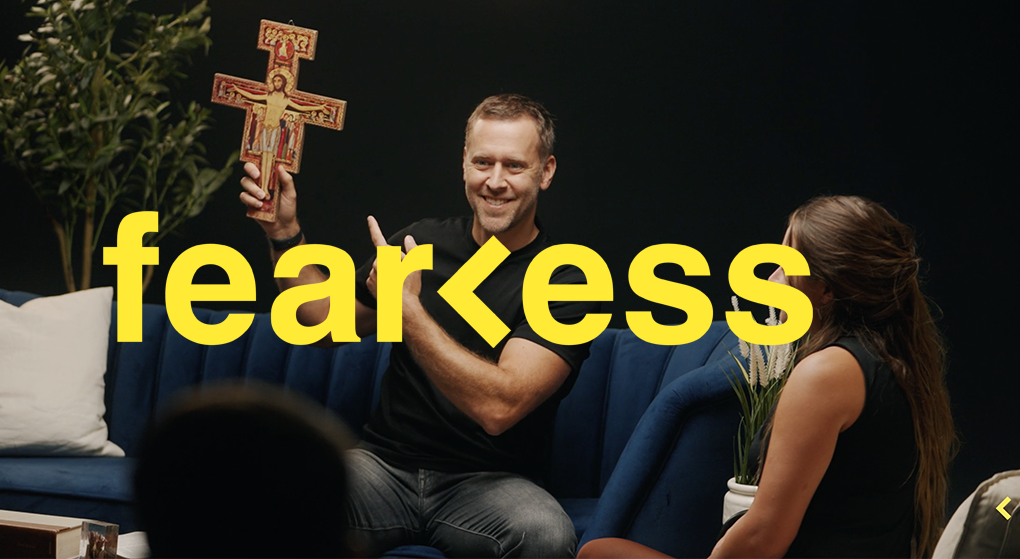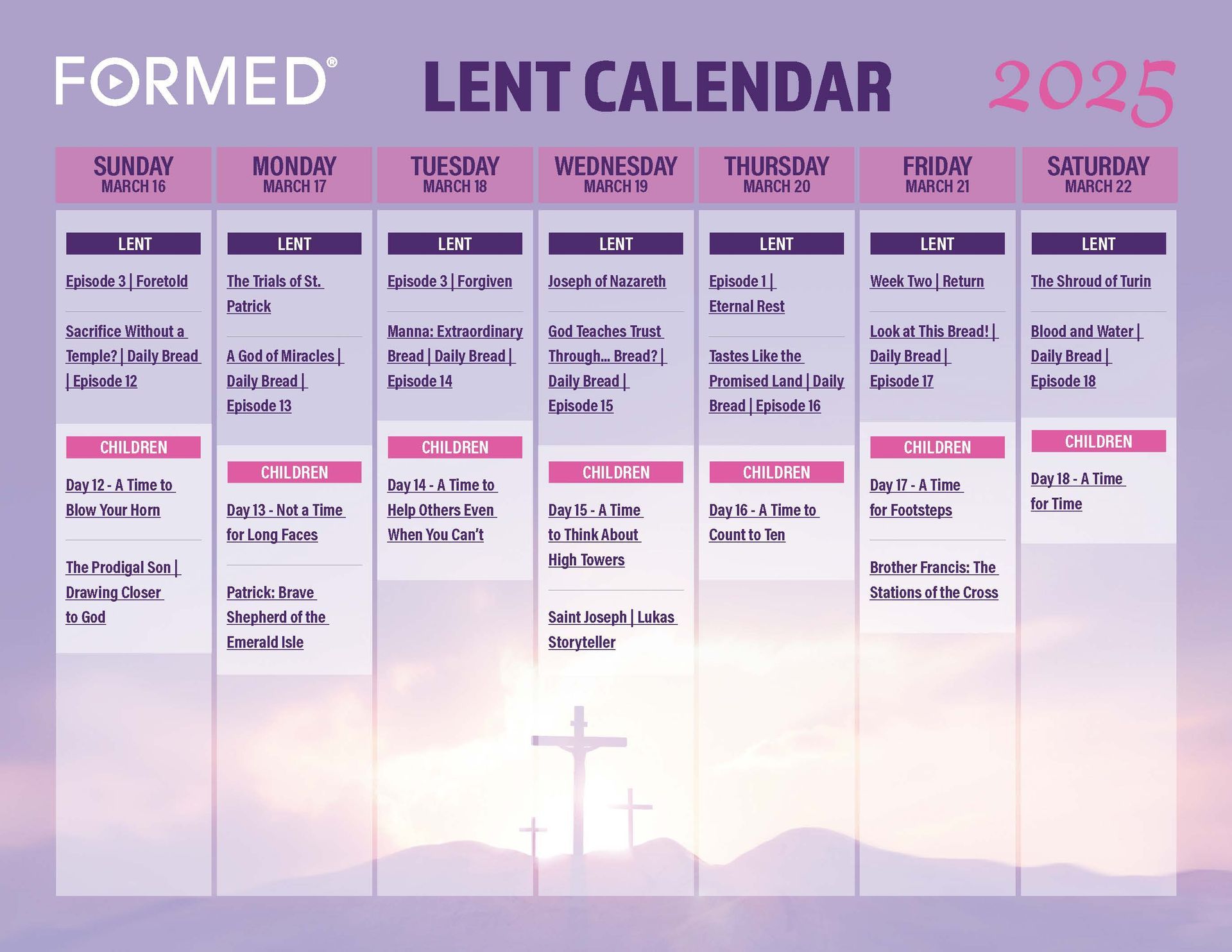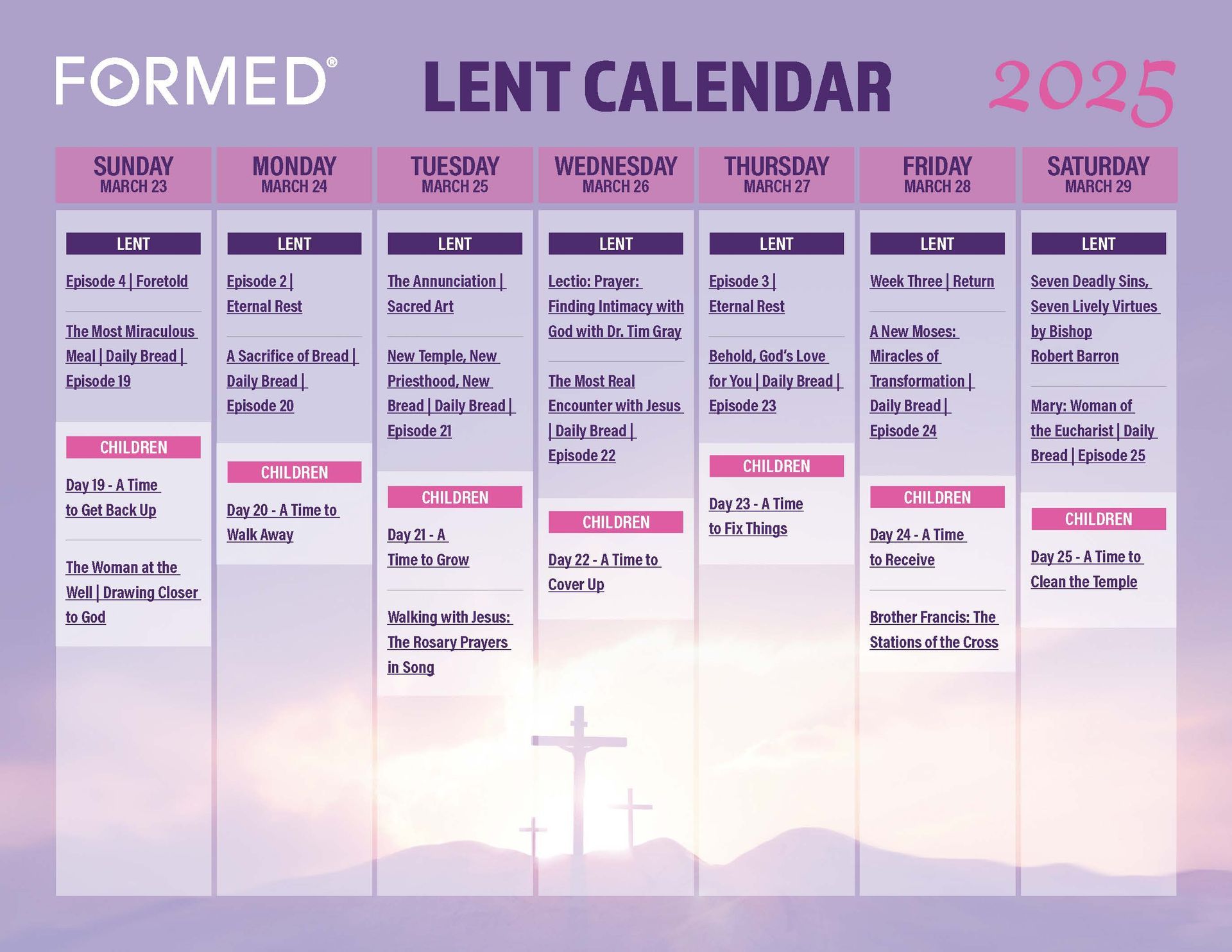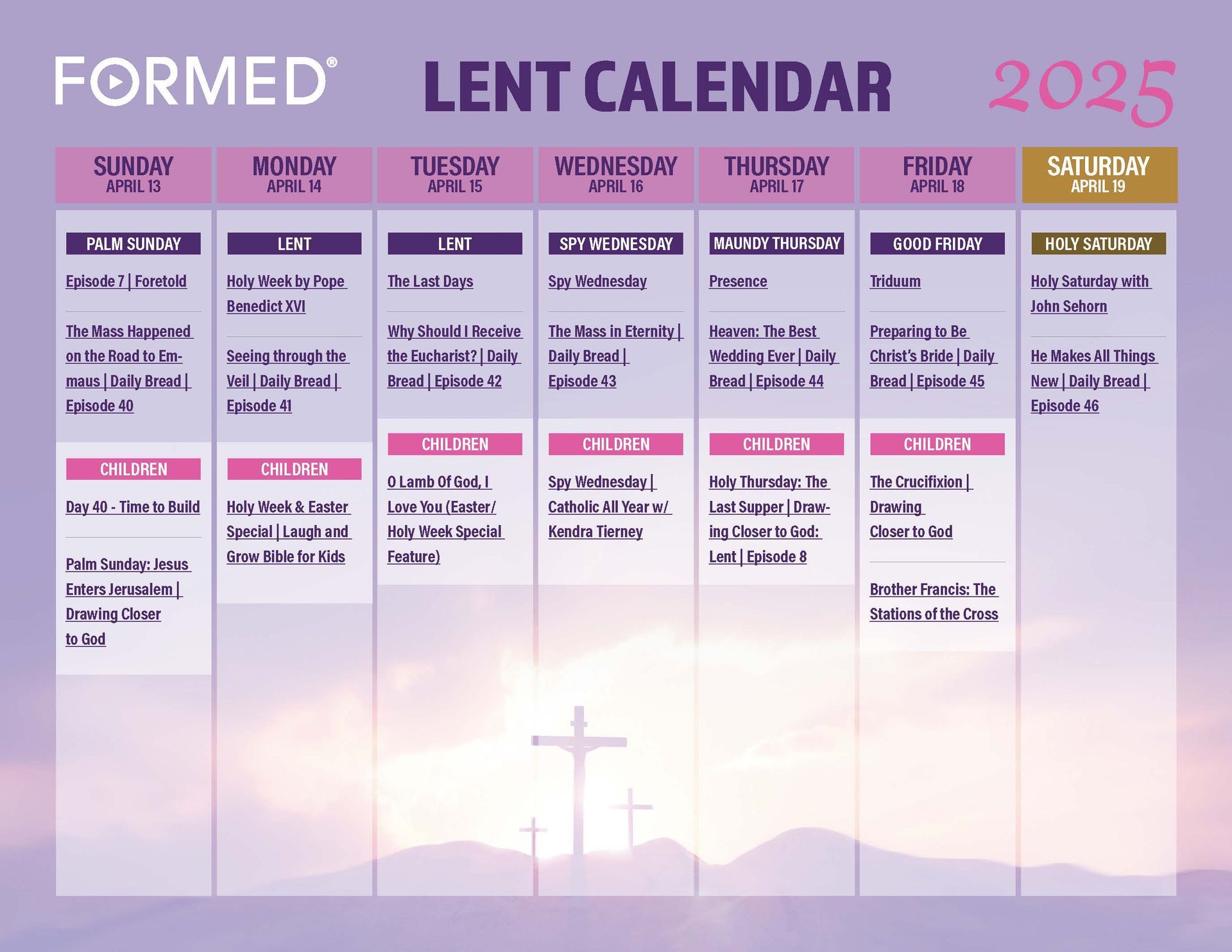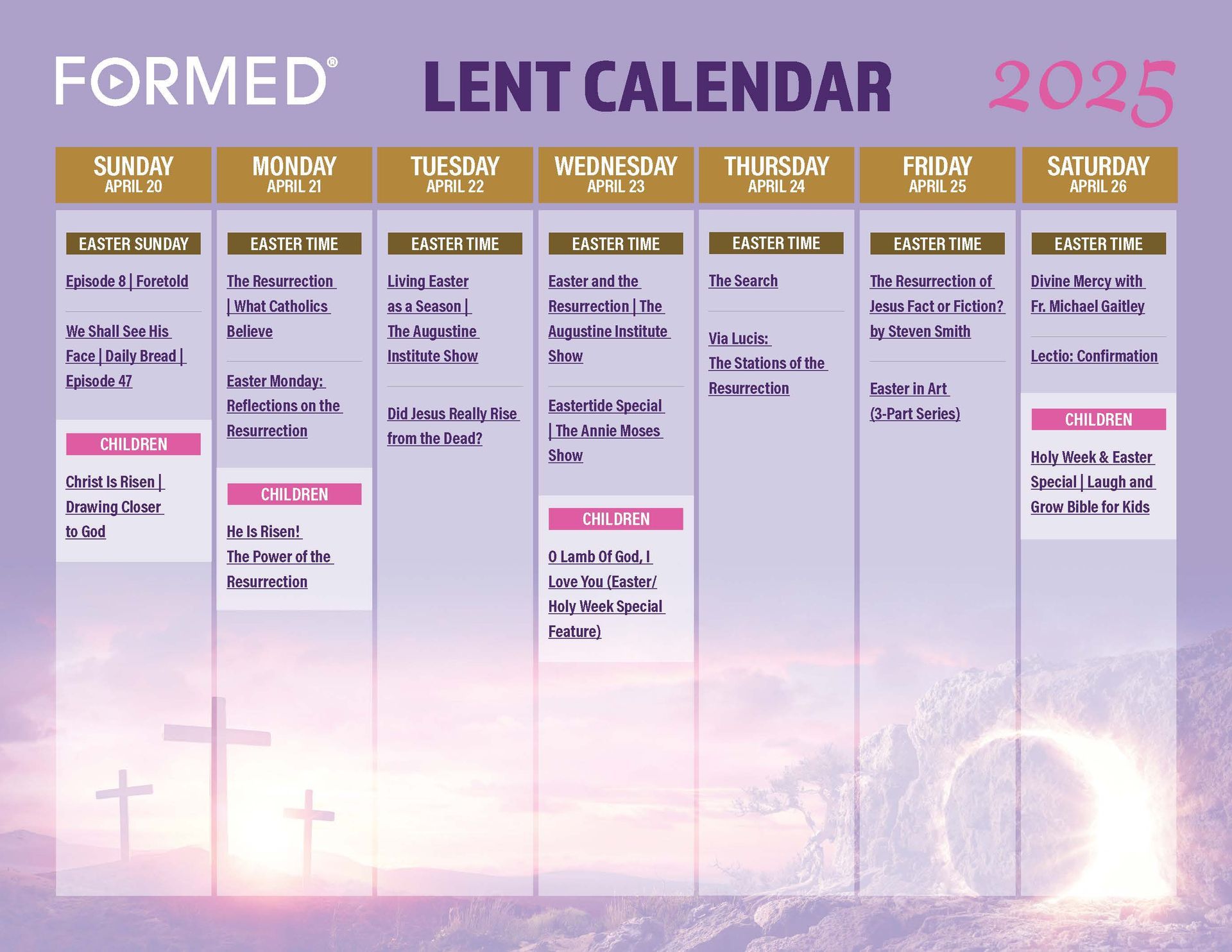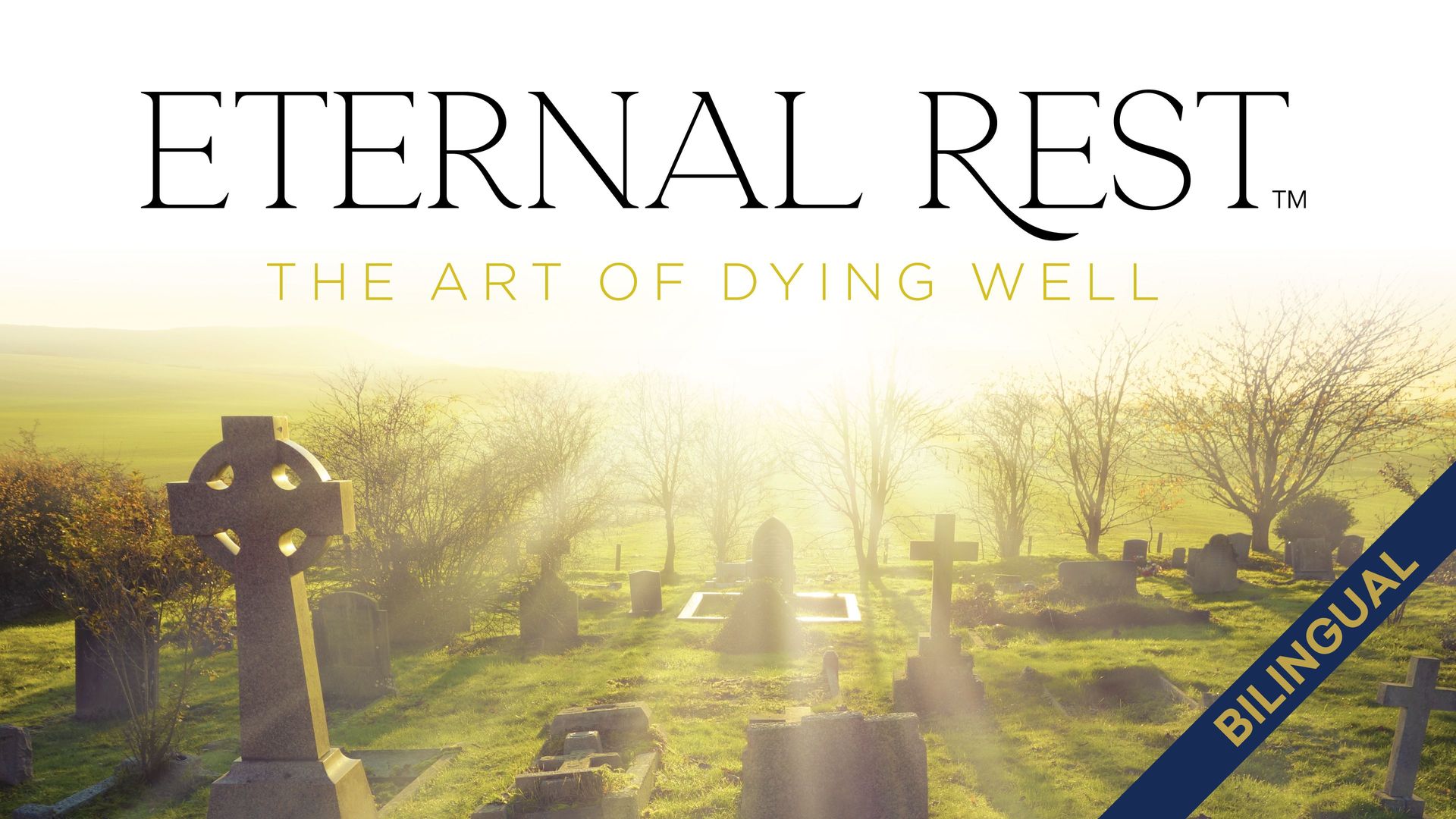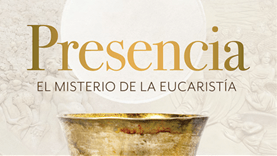Lent 2025
MESSAGE OF HIS HOLINESS POPE FRANCIS FOR LENT 2025
Dear brothers and sisters,
We begin our annual pilgrimage of Lent in faith and hope with the penitential rite of the imposition of ashes. The Church, our mother and teacher, invites us to open our hearts to God’s grace, so that we can celebrate with great joy the paschal victory of Christ the Lord over sin and death, which led Saint Paul to exclaim: “Death has been swallowed up in victory. Where, O death, is your victory? Where, O death, is your sting?” (1 Cor15:54-55). Indeed, Jesus Christ, crucified and risen, is the heart of our faith and the pledge of our hope in the Father’s great promise, already fulfilled in his beloved Son: life eternal (cf.Jn10:28; 17:3).[1]
This Lent, as we share in the grace of the Jubilee Year, I would like to propose a few reflections on what it means to journey together in hope, and on the summons to conversion that God in his mercy addresses to all of us, as individuals and as a community.
Sisters and brothers, thanks to God’s love in Jesus Christ, we are sustained in the hope that does not disappoint (cf.Rom5:5). Hope is the “sure and steadfast anchor of the soul”.[8]It moves the Church to pray for “everyone to be saved” (1 Tim2:4) and to look forward to her being united with Christ, her bridegroom, in the glory of heaven. This was the prayer of Saint Teresa of Avila: “Hope, O my soul, hope. You know neither the day nor the hour. Watch carefully, for everything passes quickly, even though your impatience makes doubtful what is certain, and turns a very short time into a long one” (The Exclamations of the Soul to God, 15:3).[9]
May the Virgin Mary, Mother of Hope, intercede for us and accompany us on our Lenten journey.
To read the full message, click here (En).
[1] Cf. Encyclical Letter Dilexit Nos (24 October 2024), 220
MENSAJE DEL SANTO PADRE FRANCISCO PARA LA CUARESMA 2025
Queridos hermanos y hermanas:
Con el signo penitencial de las cenizas en la cabeza, iniciamos la peregrinación anual de la santa cuaresma, en la fe y en la esperanza. La Iglesia, madre y maestra, nos invita a preparar nuestros corazones y a abrirnos a la gracia de Dios para poder celebrar con gran alegría el triunfo pascual de Cristo, el Señor, sobre el pecado y la muerte, como exclamaba san Pablo: «La muerte ha sido vencida. ¿Dónde está, muerte, tu victoria? ¿Dónde está tu aguijón?» ( 1 Co 15,54-55). Jesucristo, muerto y resucitado es, en efecto, el centro de nuestra fe y el garante de nuestra esperanza en la gran promesa del Padre: la vida eterna, que ya realizó en Él, su Hijo amado (cf. Jn 10,28; 17,3) [1].
En esta cuaresma, enriquecida por la gracia del Año jubilar, deseo ofrecerles algunas reflexiones sobre lo que significa caminar juntos en la esperanza y descubrir las llamadas a la conversión que la misericordia de Dios nos dirige a todos, de manera personal y comunitaria.
Hermanas y hermanos, gracias al amor de Dios en Jesucristo estamos protegidos por la esperanza que no defrauda (cf. Rm 5,5). La esperanza es “el ancla del alma”, segura y firme [8]. En ella la Iglesia suplica para que «todos se salven» ( 1 Tm 2,4) y espera estar un día en la gloria del cielo unida a Cristo, su esposo. Así se expresaba santa Teresa de Jesús: «Espera, espera, que no sabes cuándo vendrá el día ni la hora. Vela con cuidado, que todo se pasa con brevedad, aunque tu deseo hace lo cierto dudoso, y el tiempo breve largo» ( Exclamaciones del alma a Dios, 15, 3) [9].
Que la Virgen María, Madre de la Esperanza, interceda por nosotros y nos acompañe en el camino cuaresmal.
Para leer el mensaje completo, haga clic aquí (Sp).
[1] Cf. Carta enc. Dilexit nos (24 octubre 2024), 220.

What is Lent?
Lent is a 40 day season of prayer, fasting, and almsgiving that begins on Ash Wednesday and ends at sundown on Holy Thursday. It's a period of preparation to celebrate the Lord's Resurrection at Easter. During Lent, we seek the Lord in prayer by reading Sacred Scripture; we serve by giving alms; and we practice self-control through fasting. We are called not only to abstain from luxuries during Lent, but to a true inner conversion of heart as we seek to follow Christ's will more faithfully. We recall the waters of baptism in which we were also baptized into Christ's death, died to sin and evil, and began new life in Christ.
Many know of the tradition of abstaining from meat on Fridays during Lent, but we are also called to practice self-discipline and fast in other ways throughout the season. Contemplate the meaning and origins of the Lenten fasting tradition in this reflection. In addition, the giving of alms is one way to share God's gifts—not only through the distribution of money, but through the sharing of our time and talents. As St. John Chrysostom reminds us: "Not to enable the poor to share in our goods is to steal from them and deprive them of life. The goods we possess are not ours, but theirs." (Catechism of the Catholic Church, no. 2446).
In Lent, the baptized are called to renew their baptismal commitment as others prepare to be baptized through the Rite of Christian Initiation of Adults, a period of learning and discernment for individuals who have declared their desire to become Catholics.
https://www.usccb.org/prayer-worship/liturgical-year/lent
Let us bow low to Jesus, admit our sinfulness before him, and count on him to “complete the good work he has begun in us…” (cf. Phil 1:6).
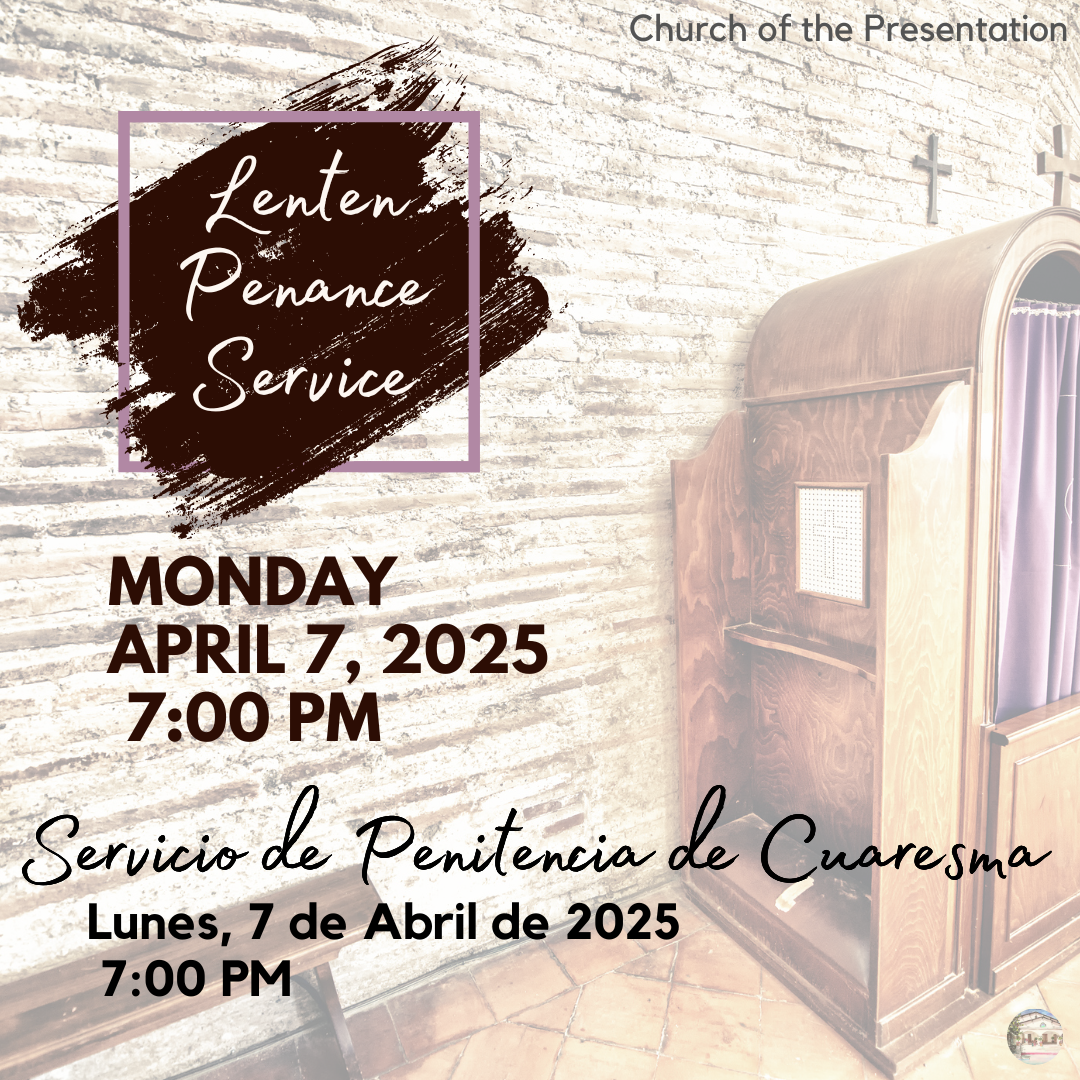
Penance
Additional resources for preparing oneself for celebrating the Sacrament of Penance may be found on our Sacrament of Reconciliation page.
Se pueden encontrar recursos adicionales para prepararse para la celebración del Sacramento de la Penitencia en en nuestra página del
Sacramento de la Reconciliación.
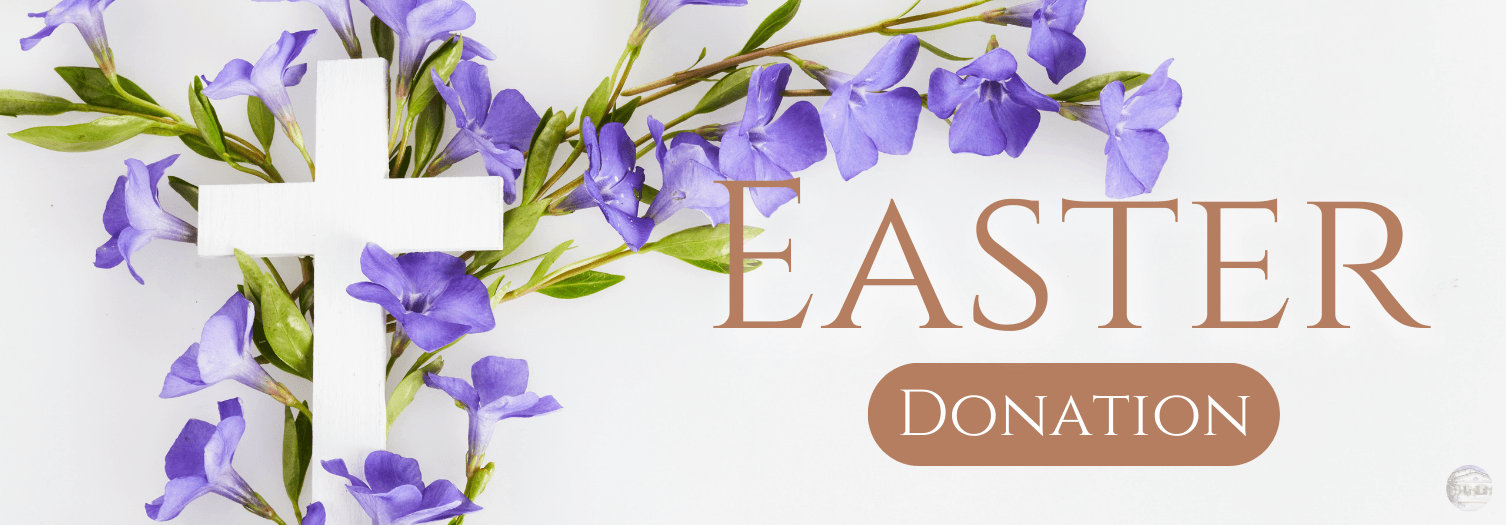
If you would like to make your Easter donation online, please click the above picture. Thank you for being a blessing to the Presentation of the Blessed Virgin Mary Catholic Church!
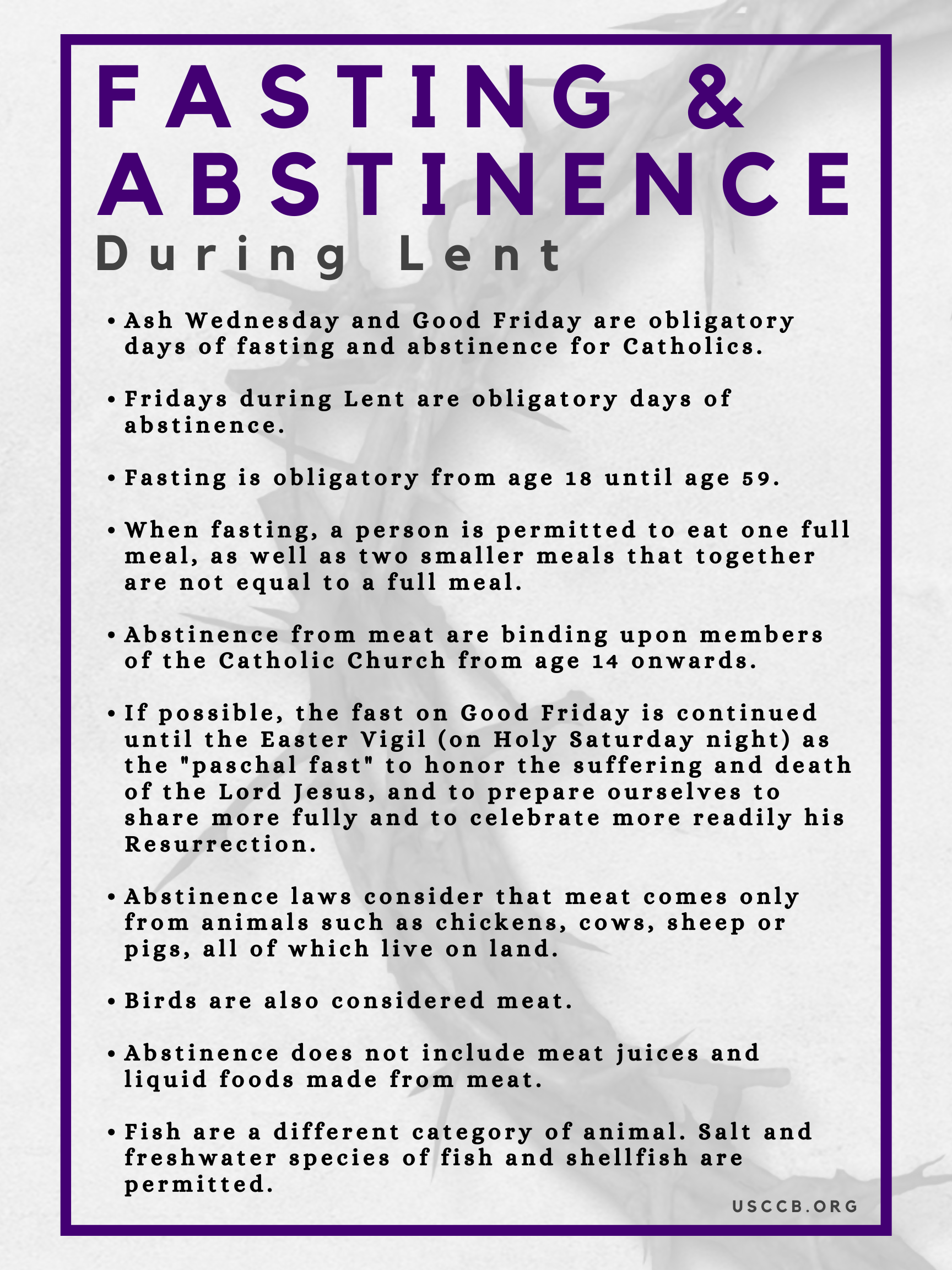
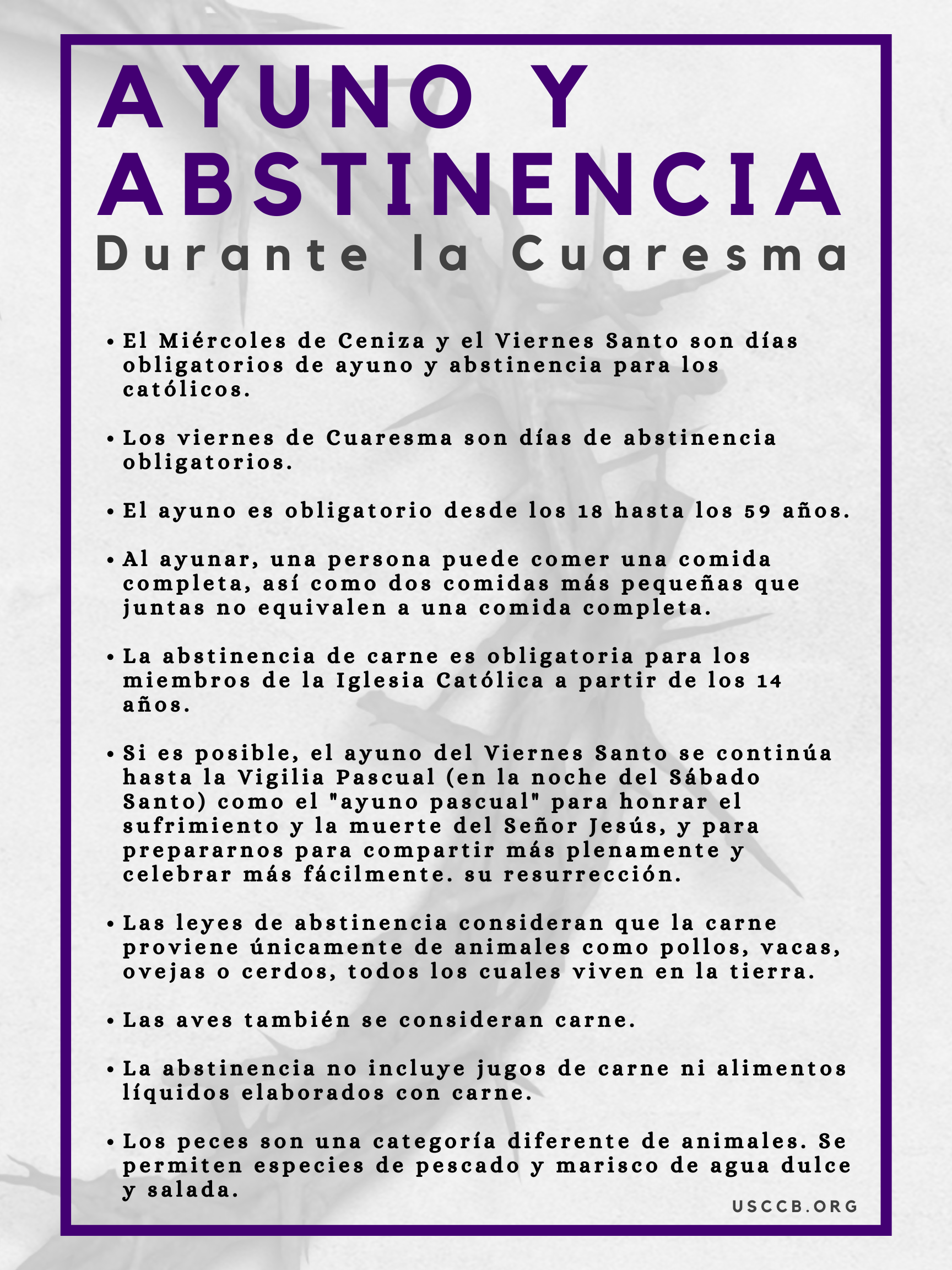
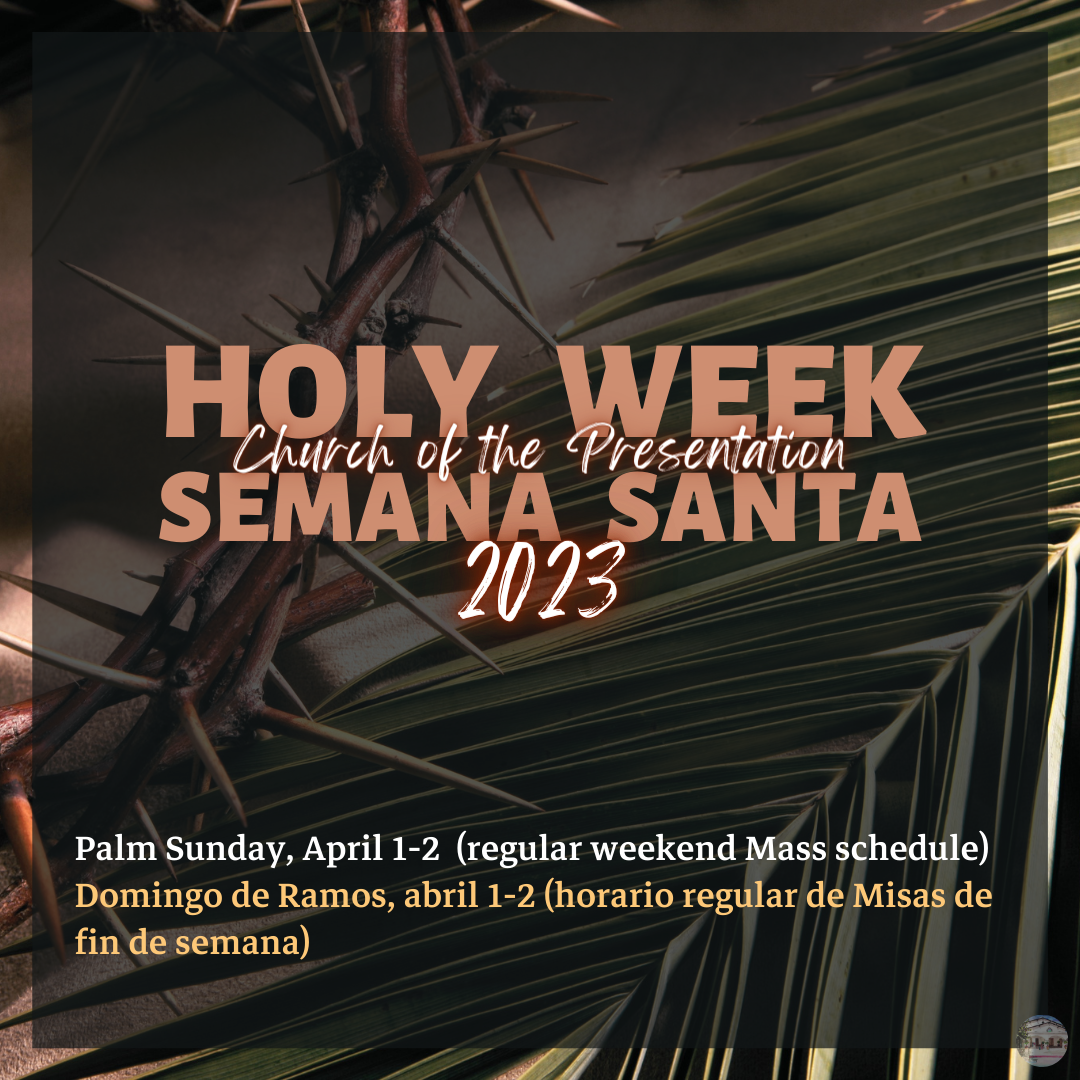
Additional resources for preparing oneself for celebrating the Sacrament of Penance may be found on our Sacrament of Reconciliation page.
Se pueden encontrar recursos adicionales para prepararse para la celebración del Sacramento de la Penitencia en en nuestra página del
Sacramento de la Reconciliación.
WHAT IS HOLY WEEK?
Holy Week is the final week of Lent. We encourage all to join us in participation, prayer, reflection, and celebration for Holy Week and Easter - the most sacred time and the pinnacle of our calendar. It’s an important week of prayer, reflection, and gratitude as we contemplate the agony Jesus endured for us and the hope of the Resurrection. Holy Week begins on Palm Sunday and ends with Holy Saturday. Easter Sunday (both Vigil and Easter daytime celebrations) is the peak of our Catholic faith and the greatest Feast Day—the Resurrection of the Lord!
La Semana Santa es la última semana de la Cuaresma. Alentamos a todos a unirse a nosotros en la participación, la oración, la reflexión y la celebración de la Semana Santa y la Pascua, el tiempo más sagrado y el pináculo de nuestro calendario. Es una semana importante de oración, reflexión y gratitud mientras contemplamos la agonía que Jesús soportó por nosotros y la esperanza de la Resurrección. La Semana Santa comienza el Domingo de Ramos y termina con el Sábado Santo. El Domingo de Pascua (tanto la Vigilia como las celebraciones diurnas de Pascua) es la cima de nuestra fe Católica y el día de fiesta más grande: ¡la Resurrección del Señor!
Triduum:
AFTER Holy Week we celebrate Easter:
LENT - RESOURCES IN ENGLISH
FORMED
Not yet on FORMED?
- Visit http://signup.formed.org/.
- Enter our parish’s zip code or name.
- Enter your name and email.
May God bless you during this special season!
PRESENCE: THE MYSTERY OF THE EUCHARIST
FEARLESS
Set to release on Ash Wednesday, Fearless will help you make this Lent impactful and spiritually fruitful. This new seven-part series is brought to you in partnership with Real Life Catholic and FORMED.
Time and again, the people of God are called to be courageous and "be not afraid." Yet we live in a time where fear seems to guide our very existence. Don’t miss this exciting series with a special weekly guest as we follow Jesus into the wilderness.
FORETOLD
Our world is full of noise. Often, that noise is loud and negative. When was the last time you heard something good on the news? Because of the constant intake of “bad news,” many people no longer believe in the Providence of God, nor trust that he has a plan for us.
Maybe this is you. Perhaps you think God doesn't have a plan for you and your family. But Jesus is the Lord of History, yours included. What was promised in the biblical story came to pass through Jesus, his apostles, and the Church. Ultimately, this biblical history is your history. Just as the prophecies of the Old Testament were fulfilled, you can trust that Jesus will care for you and your story. Encounter this profound mystery and reality for yourself in Foretold.
DIVINE MERCY IN THE SECOND GREATEST STORY EVER TOLD
WHOLE 40: MAKING A SPIRITUAL PLAN FOR LENT
Make a plan for this holy and grace-filled season. Sit down with Dr. Ben Akers and Dr. Elizabeth Klein to discuss the purpose of the season of Lent, how to prepare for it, and why it is such a fruitful season in our life of faith.
Click the button below to sign up for Daily Lenten Reflections with Dr. Tim Gray as he opens up the Scriptures throughout this holy season.
DAILY REFLECTIONS
ETERNAL REST: THE ART OF DYING WELL
We all have very real questions about death. What happens when we die? What does Scripture teach about death? How do we prepare for the life to come? Explore the mystery of death, dying, and everlasting life through Eternal Rest, a new offering of the Augustine Institute.
Eternal Rest examines the origin of death, the afterlife, and the powerful reality around the sacrament that ushers us into eternal life. Eternal Rest presents the Catholic Church’s teaching about death and God’s response to it with wisdom and truth, gentleness and compassion, so we can think about and prepare for death in the light of Jesus Christ, the Author of life.
PASCUA - RECURSOS EN ESPAÑOL
FORMED
¡Disfruta de FORMED de manera fácil y gratuita!
- Ingresa a http://signup.formed.org/.
- Selecciona tu parroquia
- Inscríbete usando tu nombre y correo electrónico
- Revisa tu correo y sigue la liga para que comiences a usar FORMED
¡Que Dios los bendiga durante esta temporada especial!
PRESENCE: THE MYSTERY OF THE EUCHARIST
PRESENCIA: EL MISTERIO DE LA EUCARISTÍA
¿Por qué es tan especial la Eucaristía para los católicos? Aun cuando a simple vista solo parece ser pan y vino, es en realidad la "fuente y cumbre" de la vida cristiana. Presencia: El Misterio de la Eucaristía explora la verdad y la belleza de la presencia real de Cristo en la Eucaristía, desde sus orígenes en la Sagrada Escritura, hasta su profundo rol en la vida de la Iglesia y sus miembros. Es el crescendo de la Historia de Salvación.
THE WILD GOOSE - DISCOVERING A DEEPER RELATIONSHIP WITH THE HOLY SPIRIT
BENEDICTO XVI: PAPA EMÉRITO
Este nuevo y excelente documental producido y filmado en Europa, nos relata la vida y papado del Papa Benedicto XVI (Joseph Ratzinger). Nos habla acerca de los grandes acontecimientos de su vida; su reconocimiento como profesor de teología, experto creador del Concilio Vaticano II, así como su colaboración en el pontificado del Papa San Juan Pablo II. Su pontificado terminó a la edad de 86 años con su inesperada renuncia y fue marcado también por sus grandes batallas en defensa de la fe y por la transparencia de la Iglesia, que provocaron al mismo tiempo apoyo y críticas a su pontificado.
Para este gran hombre de la Iglesia, su vida fue un largo Vía Crucis que terminó con una lección magnánima de humildad, para dar paso a su sucesor.

